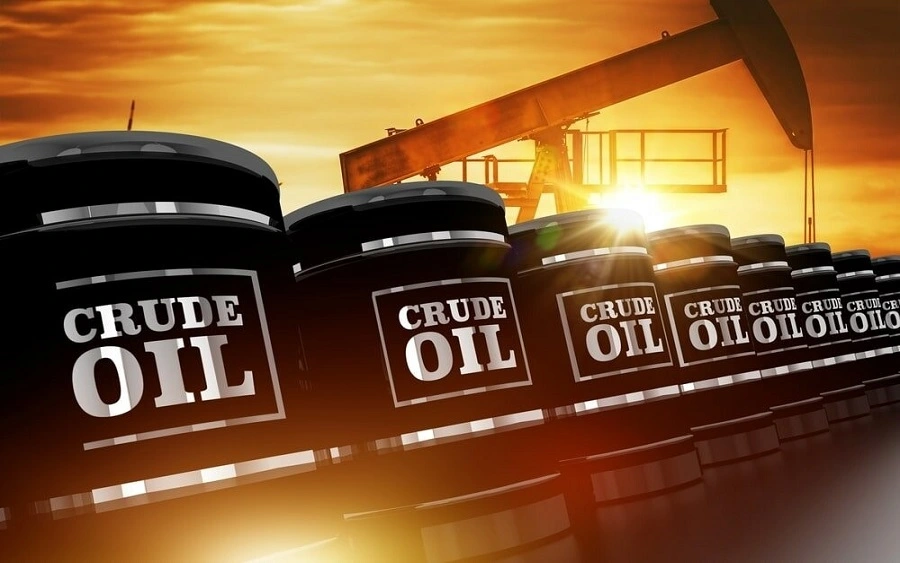The Major Oil Marketers Association of Nigeria (MOMAN) has called for commencement of gradual deregulation of the downstream oil and gas sector to reflect current price of petroleum products.
The marketers noted that, with the escalating energy costs occasioned by the Russia-Ukraine conflict, no country or authority has control of how cost of energy can be priced.
Speaking at a virtual meeting with the Federal Competition and Consumer Protection Commission (FCCPC), and the media on Wednesday, the chairman of MOMAN, Olumide Adeosun, said the impact of the conflict is having immense effect on businesses in Nigeria which is largely a consumer country with inactive refining capacity.
On diesel price disparity, Adeosun, said that cost of diesel is actually cheaper in Nigeria.
Comparing Nigeria to Kenya, Zambia and others, he said, though cost of diesel has reached up to N800 a liter, it is still cheaper compared to what it sells in other countries.
Adeosun, stated that price of diesel would have been lower today, and attributed the hike to inaccessibility of foreign exchange at official rate.
He said marketers source forex from parallel market at N620 a dollar but even at that diesel cost in Nigeria is about $1.29 a liter as against $1.34 a liter in Kenya.
He said as a country, Nigeria should begin to develop initiatives that will help reduce energy consumption especially as the government cannot sustain escalating subsidy bills.
This, he said, is because other countries are adopting measures like closing borders to export which is indirectly locking Nigeria out of the market, while others are passing the cost to consumers.
“Our subsidy bill is outrageous and we have had a prolonged subsidy regime without saving for the rainy day and this has reduced capacities to deal with the impact.
“We want a phased deregulation. Landing cost of product, high cost of diesel to bridge products across about 500 kilometers, or run our stations is enormous, and all of these add up to cost of doing business and cannot guarantee N165 a liter approved pump price of petrol.
“The other option is for businesses to shut down but I think it is better to have a gradual price adjustment to sustain businesses or cripple the economy totally,” he said.
The consultant to FCCPC, Ikem Isiekwena, in his remarks, restated the commissions commitment to ensure protection of petroleum products consumers as enshrined under the FCCPA.
Isiekwena, said the Commission, does not have adequate information about diesel prices differentials as it sells in other countries.
He said if its surveillance reveals such disparity, it would engage marketers but however noted that the product has been deregulated under the law.
He also, said the Commission, has been engaging with relevant agencies in the energy sector including power industry where it said it is bent on punishing offenders, especially operators that fail to comply with extant rules and regulations in the electricity industry without further delay.
It observed that over the years, non-compliance with the Nigerian Electricity Regulatory Commission (NERC) orders, codes, regulations and standards of performance remains the bane of the industry.
The Commission urged DisCos to show more commitment to compliance with NERC regulations.
According to the FCCPC, the move to punish offenders has become inevitable given consumers’ growing complaints of estimated billings, poor metering wrong connections and illegal disconnection, among others, that have denied them of enjoying regular power supply.





